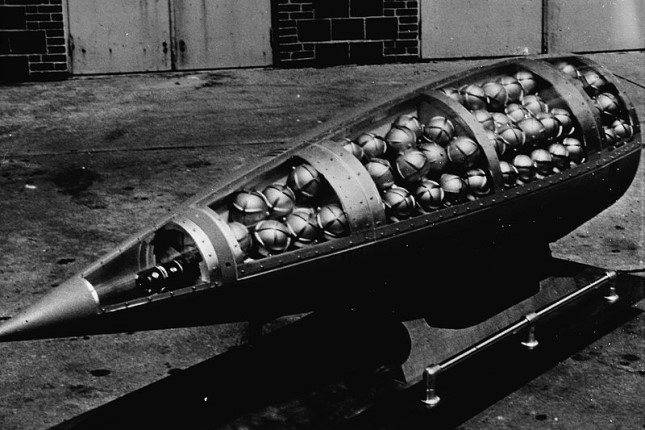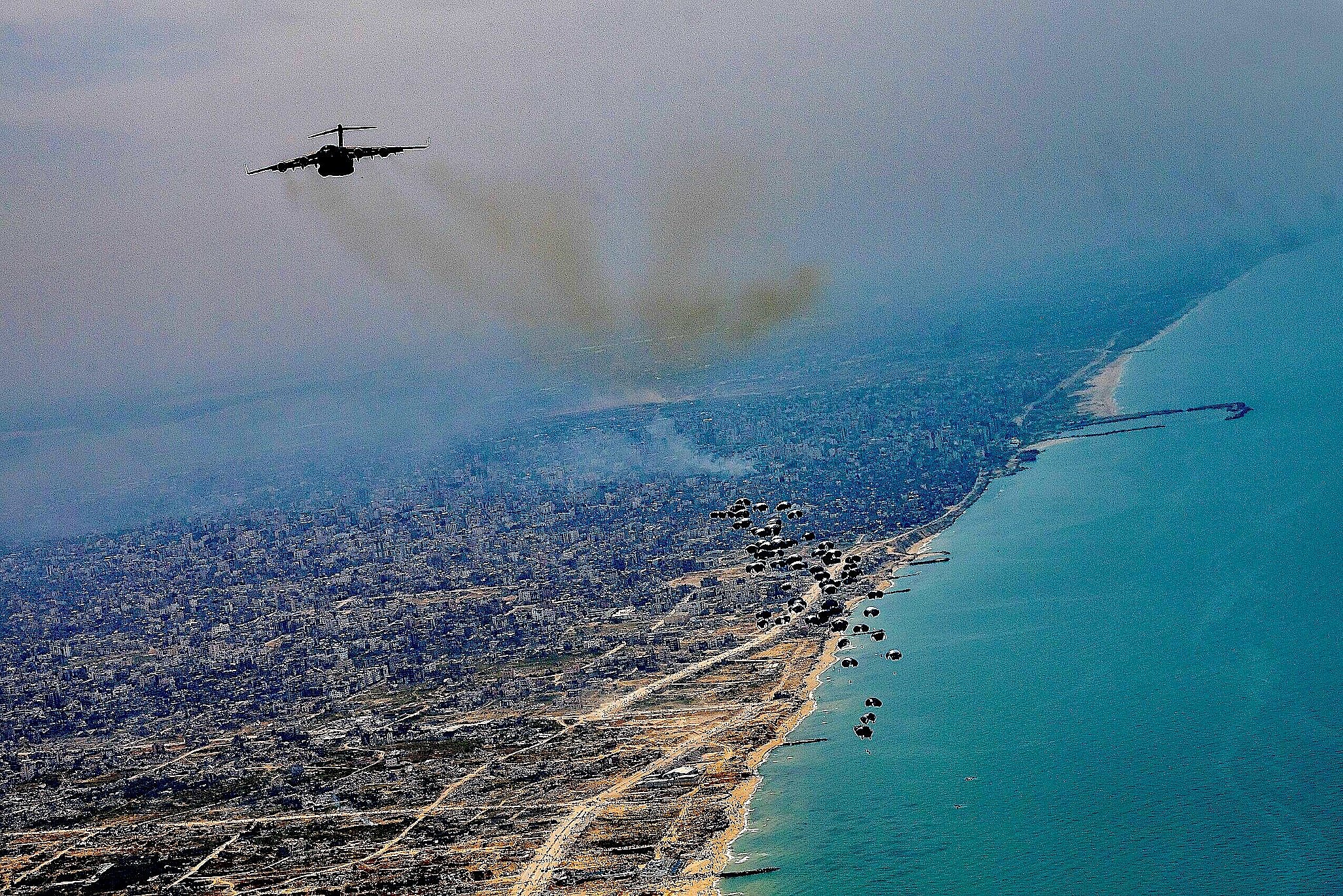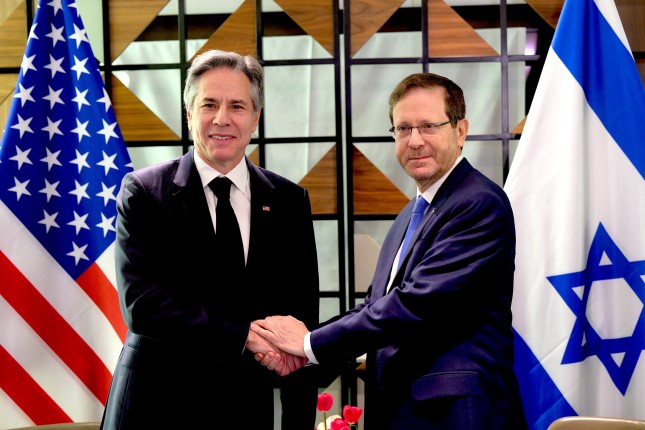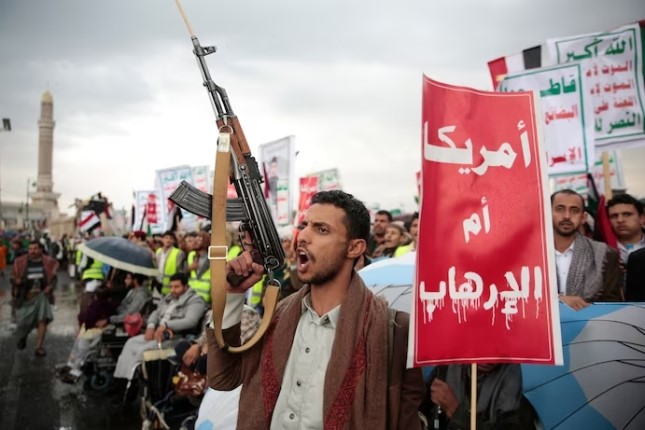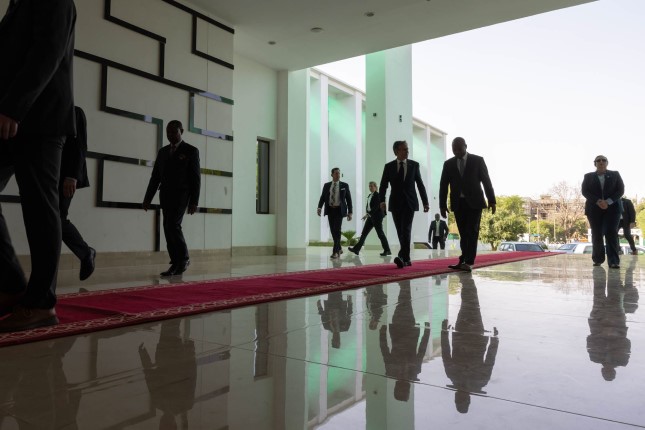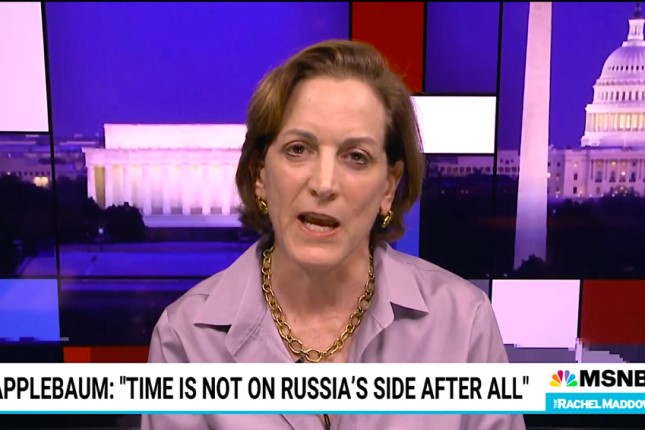The Wall Street Journal reported Tuesday that US-provided cluster bombs are fueling the Ukrainian counteroffensive and detailed how Ukrainian forces are using the civilian-killing munitions against Russian soldiers.
Cluster bombs are designed to spread small submunitions over large areas. They are so harmful to civilians because some of the submunitions, or bomblets, do not explode on impact and can be found years or decades after their use.
Ukrainian soldiers said they’re using cluster bombs to hit concentrations of Russian soldiers and vehicles. The Journal report said that cluster munitions have helped Ukraine capture some Russian positions but acknowledged the gains come at a high casualty cost.
“The cluster bombs are good. They are effective,” said Capt. Anatoliy Kharchenko, commander of a Ukrainian reconnaissance company. “But the Russians are dug in deep, and they learn quickly.”
The bombs won’t be enough to tip the balance of the war in Ukraine’s favor as the counteroffensive is struggling, and Western officials are saying it’s “highly unlikely” that Ukraine will succeed. But the cluster munitions are enough to keep the war going. Secretary of State Antony Blinken has said Ukraine would be “defenseless” without them.
Ukraine has struggled to break through Russian defenses due to vast minefields. A Ukrainian platoon commander told the Journal that they’ve been using “bodies” to clear the minefields. “It’s awful,” the platoon commander said.
Other Ukrainian soldiers said the cluster bombs were useful in clearing trees and groundcover so they could better see the Russians. “With the cluster bombs, you fire three times, and the trees totally collapse,” an infantry private said. He said because submunitions are scattered across a large area, they don’t need to be fired accurately.
Because of their indiscriminate nature, cluster bombs have been banned by over 100 nations, but the US, Ukraine, and Russia are not signatories to the treaty. Last year, the White House called the use of cluster bombs in the Ukraine war a “potential war crime.”
Source: AntiWar.
